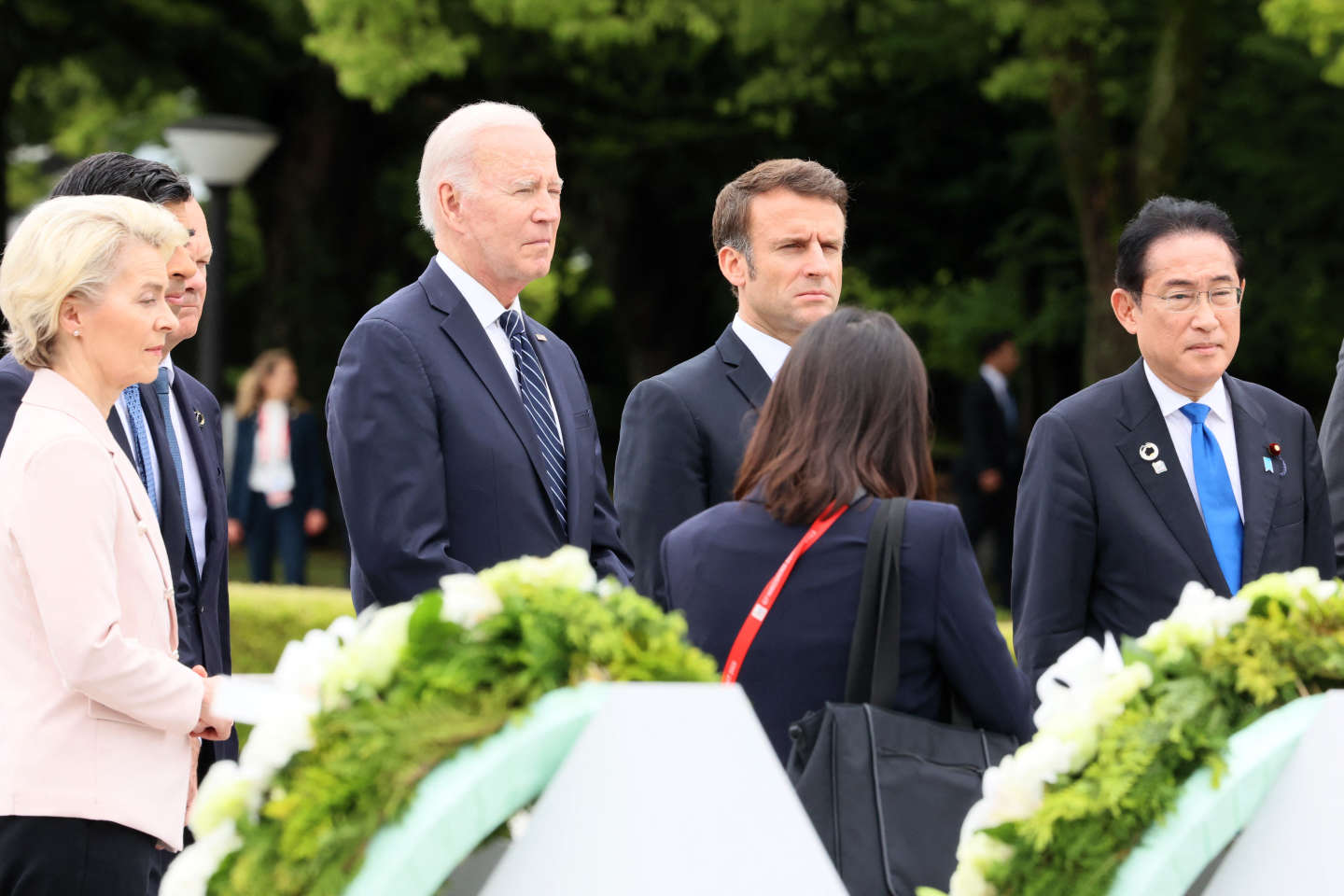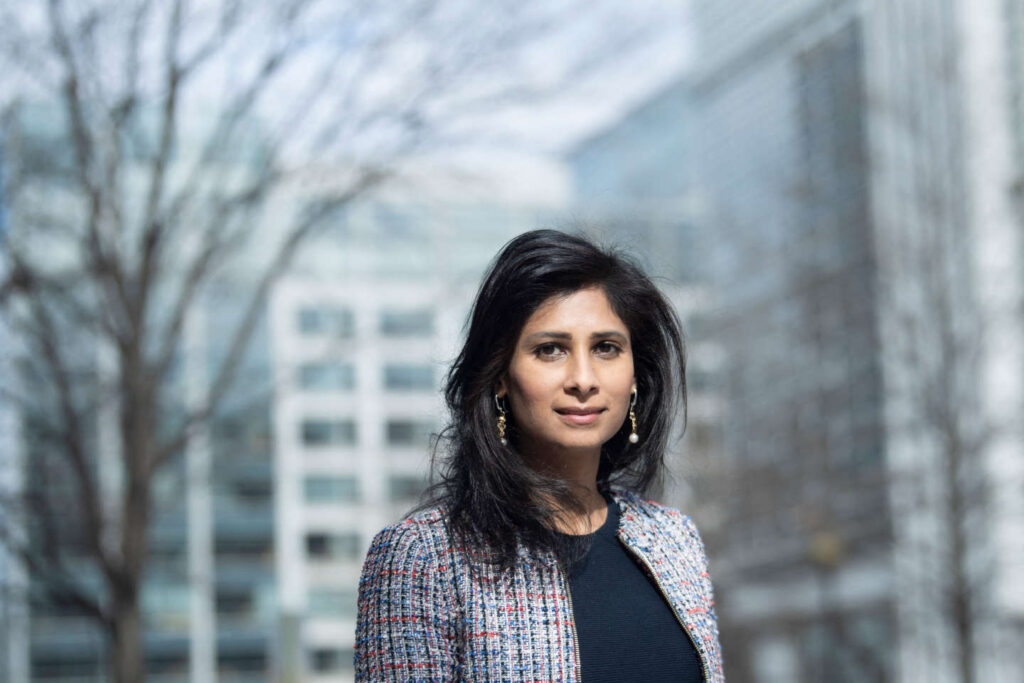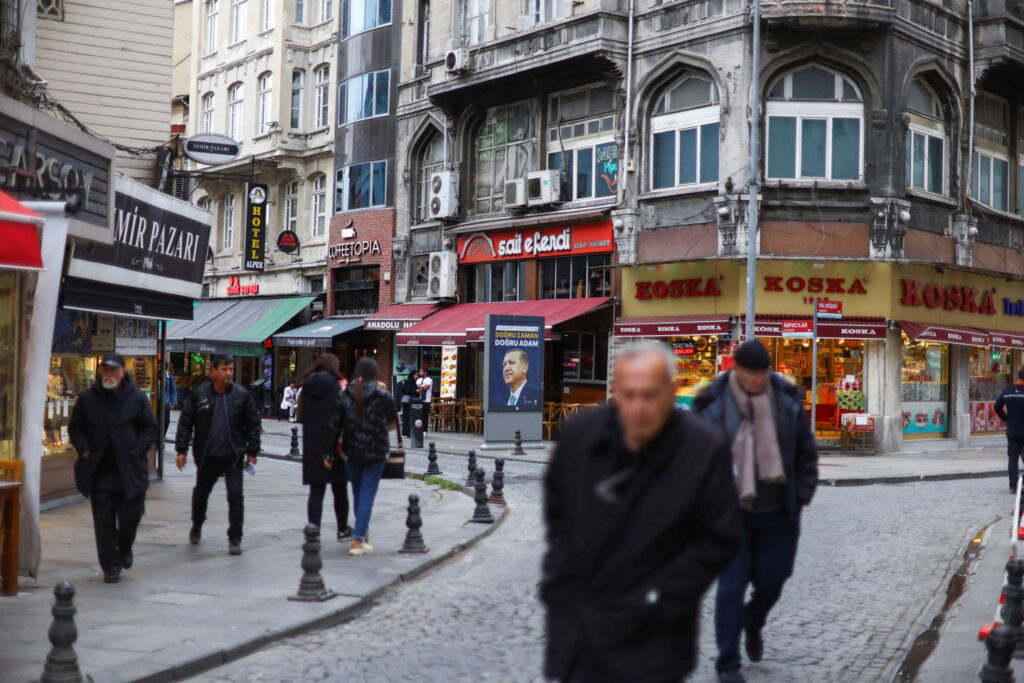NOTWe are working urgently to ensure that our system does more for people and for the planet. The accumulation of multiple crises hampers the ability of countries to fight hunger, poverty and inequality, as well as to invest in their resilience and their future. Debt vulnerabilities in low- and middle-income countries are a major obstacle to their economic recovery, as well as their ability to make essential investments for tomorrow.
We work urgently to fight poverty and inequality. Since 2020, 120 million people have fallen into extreme poverty, and much remains to be done to achieve the United Nations Sustainable Development Goals (SDGs) by 2030. We must therefore put people at the heart of our strategy to improve the well-being of people everywhere on the planet.
We want our system to better respond to development needs and better address vulnerabilities, now heightened by climate risks that could further weaken the capacity of fragile countries to eradicate poverty and achieve inclusive economic growth. Disasters caused by climate change will increase in intensity and frequency, and will disproportionately impact the poorest and most vulnerable people on the planet. These issues know no borders, and pose an existential risk to our societies and our economies.
Renewing our business models
We want our system to do more for the planet. Current generations can lead the way to a new era of sustainable global economic growth, through the transition to a net-zero emissions world, as well as the implementation of the Paris Agreement goals. We are convinced that a fair energy transition, which leaves no one behind, can be an important factor in reducing poverty and supporting sustainable and inclusive development. This requires investing everywhere in the long term, in order to give all countries the possibility of benefiting from it. Inspired by the historic advancement of the Kunming-Montreal Global Biodiversity Framework, we must also renew our economic models so that they recognize the immense value of natural capital to humanity.
We are convinced that the goals of reducing poverty and protecting the planet are complementary. We must prioritize a just and inclusive transition, to ensure that the poorest and most vulnerable can truly benefit from this opportunity, rather than bearing the cost disproportionately. We know that depending on different national circumstances, countries are likely to adopt different transition scenarios to reach the 1.5°C target. The transition will not happen without solidarity, without economic opportunities and without sustainable growth to finance it.
You have 72.21% of this article left to read. The following is for subscribers only.



